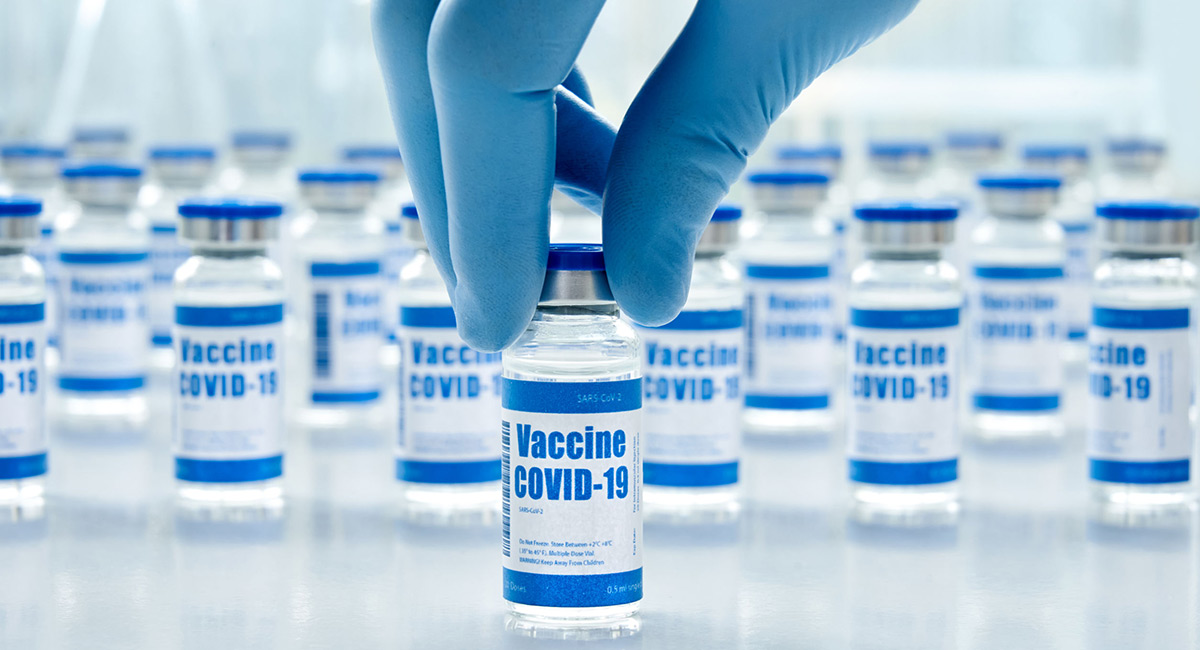The coronavirus is back in full swing, apparently. And now, Americans are bracing for the return of heavy-handed pandemic policies. President Biden recently acknowledged that, unless more Americans are willing to get the vaccine, more federal guidelines and restrictions are on the horizon. Although his administration is taking several steps to ramp up injections, these efforts will likely not be enough. Too many Americans are wary of getting the jab.
There are various reasons, but one that’s getting tossed out now is the FDA’s hesitance to approve the COVID-19 vaccines—causing suspicion that the treatments don’t work or could be dangerous. But this says more about the FDA’s already-questionable track record than COVID-19 vaccines.
Historically, the FDA’s reticence to approve new drugs prevented US patients from using beta-blockers, antidepressants, and birth control pills for years after becoming available in Europe. Today, the FDA’s antiquated testing methods prevent Americans from using gene-based medications commonly used in other nations.
The FDA also causes the US to trail many nations in approving vaccines. From 2014-2016, the Ebola virus claimed the lives of 11,000 people across western Africa. Scientists across the globe raced to develop a vaccine for the deadly virus by 2015. While many developed nations adopted the vaccine shortly after, the FDA took an additional four years to approve it.
Knowing their normal process of testing and approving a vaccine can typically take many years, the FDA granted emergency use authorizations to three COVID-19 vaccines in late 2020 and early 2021. This authorization allowed the vaccine producers to bypass much of the approval process and get into patients’ arms quickly.
Since then, the FDA has given mixed messages about vaccine safety. First, it paused using the Johnson & Johnson COVID-19 vaccine for several weeks following reports of patients experiencing blood clotting. Then they stopped, and never resumed, reviewing AstraZeneca’s COVID-19 vaccine for similar reasons.
Although their caution was well-intended, these events bolstered many Americans’ decision not to get vaccinated, which has garnered them considerable disdain and criticism.
As these disagreements continue to polarize the country, the FDA’s decision of when and what criteria it will use to approve COVID-19 vaccines becomes even more critical for addressing the Delta variant. Sadly, this decision has been placed in idle hands when time is of the essence.
Fortunately, emergency use authorizations without further FDA involvement have been more than enough to help Americans battle the pandemic.
Consider the incredible diversity and proliferation of COVID-19 testing produced absent FDA approval. From May 2020 to August 2020, the FDA granted emergency use authorization to 140 different COVID-19 testing kits. Just two were recalled.
In 2014, the drug remdesivir entered a clinical trial to help treat the Ebola virus. The results were promising, but the FDA determined it did not meet its standards. It was later used in other clinical trials to combat MERS and SARS outbreaks. However, the FDA again deemed it unfit for approval.
As COVID-19 spread across the US, physicians urged the FDA to grant patients experimental access to remdesivir. With no available treatments, the agency hesitantly allowed for expanded access. Within a few months, the prestigious Journal of the American Association reported patients using the drug survived severe infections more often and were released from hospitals sooner.
On its way to becoming the standard of care for COVID-19 and saving countless lives across the globe, remdesivir received two emergency use authorizations. In October 2020, the FDA fully approved remdesivir to treat COVID-19 even though the drug never underwent the complete approval process. Not even the FDA thought it needed to.
The spread of the Delta variant threatens to plunge the US back into the pandemic. More vaccinations can prevent it. The FDA’s failure to approve them is undermining this effort. But its own failures and the recent successes of emergency use authorizations show there is no need to wait.








